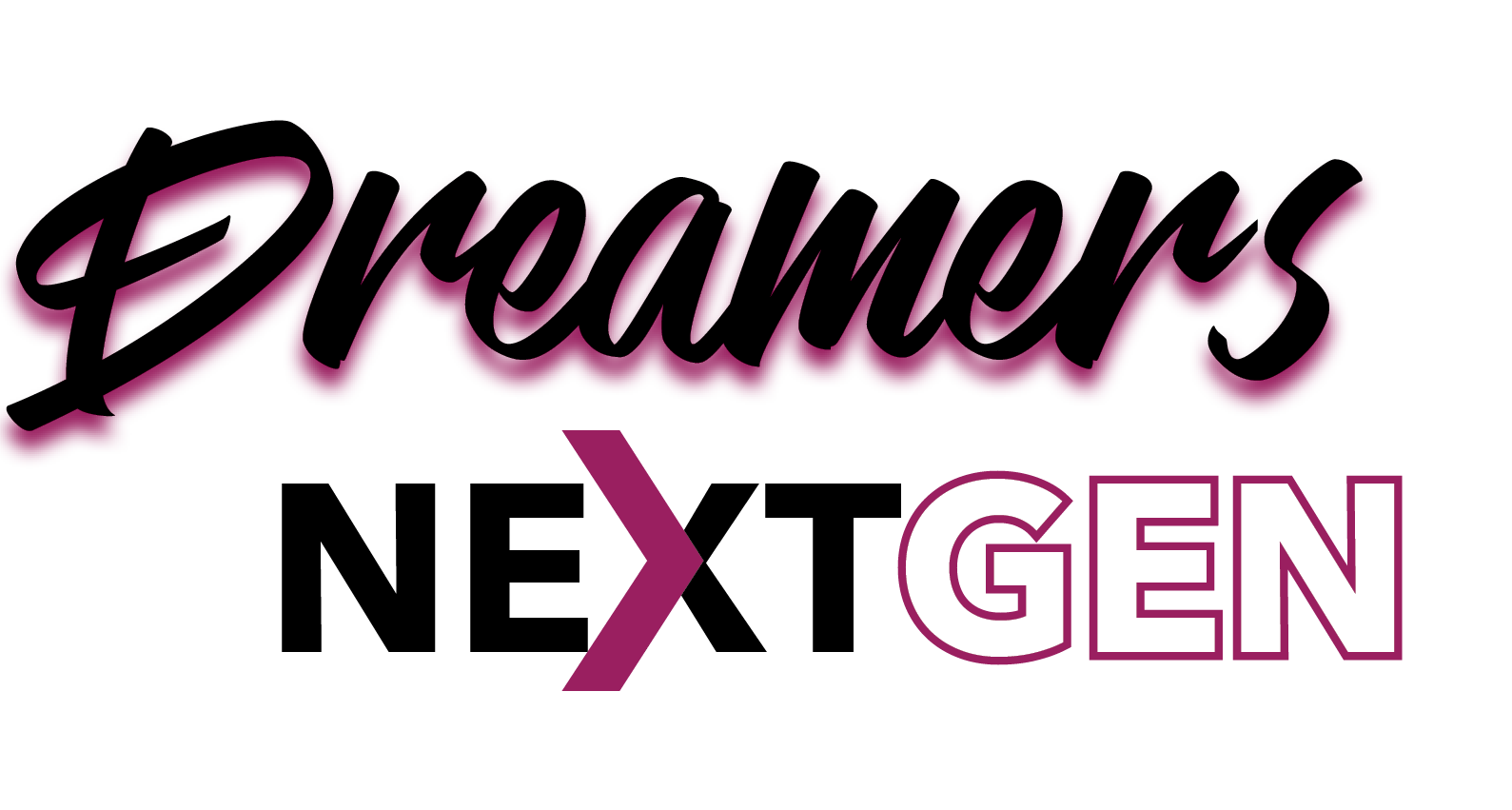Kenasha Paul realized soon after graduating college that even with a degree, Blacks still had setbacks in the professional world. “As a person coming out of college, seeing my peers being able to have access internships, access to the friends and family network, but Black students, we didn’t have that same type of upward mobility,” said Paul.
Paul decided to do something about it. “It seems like every generation, we are starting from scratch,” she said. She launched a professional development conference, the Black Professionals Summit in 2014.
The conference provides an opportunity for leaders in various fields to offer guidance and mentorship to others and form relationships with each other. In 2018, two Florida gubernatorial candidates attended the event. “I just wanted to create a platform that would put all of the Black professionals together,” said Paul. It evolved into the Black Professionals Network in 2016. “One day is not sufficient to truly create the impact and the change that the community needed,” Paul said.
Paul, 31, was always a herald for Black cohesiveness. As an undergraduate, she was the president of Florida International University’s Black Student Union and later the president of the Black alumni association.
The Black Professional Network concentrates on entrepreneurship, professional development, financially literacy, housing and mentoring for its members all year round through different workshops and programs. Social connections are also an important aspect of professional advancement. “It’s not only what you know, but who you know,” said Paul. “To create natural relationships,” the organization hosts monthly mixers. This month, the group attended a screening of the movie, “What Men Want.”
As a daughter of Haitian immigrants, Paul said she understands the struggle of being the first.
One major obstacle for Blacks is the lack of generational wealth and knowledge, said Paul.
“Historically over time, there have been direct and indirect actions to dismantle the core of the Black identity and Black ecosystems,” said Paul. “When people are displaced, there is no way to create generational wealth…only pockets of wealth.”
She is always paying attention to what the community needs. “It’s about modeling an organization that reflects the needs of the people, but also not being tethered on trying to be everything to everyone.” Hearing about members’ new relationships or business deals that have happened as a result of the organization has been the biggest payback for Paul. “People have met their significant other. People found their business partners. People have brokered deals,” she said. Paul’s vision is to see the network spread internationally. “And we would hold regional classes and connect people like a digital country club,” she said.
As a leader, Paul said she always makes sure her team is vested in the work that they do. “I identify leadership as a person who puts the vision or the mission before themselves,” she said.


